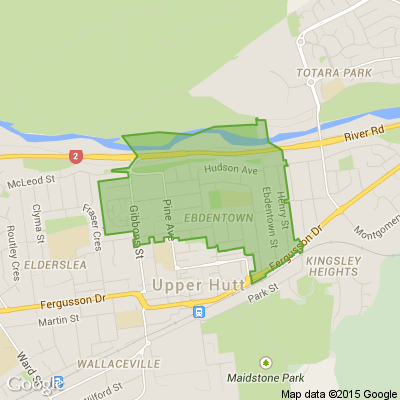WHY ONLY A THIRD OF US GOT THE EMERGENCY ALERT
Civil Defence sent out a nationwide emergency alert to our cell phones this evening, but if you didn’t get the alert, you’re not alone.
Only about a third of phones will have received the emergency alert.
There are several reasons why your phone may not have received it:
1. Many older phones will not be capable of recieving the alert. To check if your phone is capable.
2. Your phone needs to have the latest software. Go into your settings to check if you have an update available.
3. You need to have the setting for emergency alerts on your phone turned on. On iPhones, go into Settings, Notifications, then at the bottom there will be a toggle for ‘Emergency Alerts.” Switch this on.
On Android phones, some may not have this option or it may be in a different location. Generally you will find it by going into your messages, opening Settings from there, and finding something which says ‘Cell Broadcast’ or something along the lines of ‘Emergency Broadcasts.’ Turn this on.
4. You may have an imported/overseas phone. If you didn’t buy your phone from a local provider in NZ (e.g. Spark, Vodafone, Skinny, Apple NZ etc) it may be an import which likely won’t be able to receive the emergency alerts.
What are Emergency Mobile Alerts?
Emergency Mobile Alerts are messages about emergencies sent by authorised emergency agencies to mobile phones enabled to receive Emergency Mobile Alerts. They can be targeted to areas affected by serious hazards.
If your phone is on, capable and inside the targeted area, you should get the alerts. You don’t have to download an app or subscribe to a service, just ensure your phone is capable and updated.
Emergency Mobile Alert is an additional channel to help keep people safe if there is an emergency. It does not replace other emergency alerts. If you feel your life is in danger, don’t wait for an official warning. Take immediate action.
How does Emergency Mobile Alert work?
Emergency Mobile Alert uses a dedicated signal, so it’s not affected by network congestion. This can make Emergency Mobile Alert more reliable in an emergency when mobile phone traffic or people accessing websites could overload the network.
The alert will be broadcast to areas affected by serious hazards for a set period of time. Any capable phone entering this area during the broadcast period will receive the alert.
It is expected around one third of phones will initially be able to receive the alerts. This number is expected to rise substantially over time as people replace their phones with newer models. Emergency Mobile Alert capable phones should work on all mobile networks in New Zealand.
EMPIRE BUILDING TRUMP
So Donald Trump does not want to start any wars and is a peace maker.
And yet he is seriously seeking to annex the world's largest island, Greenland from Denmark, take over the Panama Canal from the sovereign country of Panama who have owned it since 1977 and even forthrightly suggesting that Canada ceases being a nation and become a state or series of states of the USA.
Greenland above everything else, harbours minerals vital for todays and tomorrows world and that is what probably attracts Trump most. His son is looking things over in Greenland as this thread is being produced. Climate change is also changing Greenland which despite its name is currently mainly covered in ice and snow all year round. Greenland has a population of 55,000.
Panama's major asset after tourism and services is the canal with a current revenue of $5 billion. It operates its shipping charges through an international organisation so that the USA gets an unbias deal for its ships etc that use the canal. Panama is a poor country on the improve and has a population of 4.5 million.
Denmark is a member of NATO. But Trump has threatened many times for the USA to pull out of this Europe-USA defence alliance and Greenland may be the straw that finally breaks the pact.
Canada is surrounded by the USA but it is so much unlike the USA and much more akin to Australia and NZ. In contrast to the USA, Canada is one of the happiest countries in the world and in total land area is the world's second largest.
NZ is going to come under the scrutiny of Trump and his henchmen/women. He will probably look to cut NZ away from its free trade arrangements with China with some kind of ultimatum.
New Year, New Questions You Won’t Solve!
I get smaller every time I take a bath.
What am I?
Do you think you know the answer to our daily riddle? Don't spoil it for your neighbours! Simply 'Like' this post and we'll post the answer in the comments below at 2pm.
Want to stop seeing riddles in your newsfeed?
Head here and hover on the Following button on the top right of the page (and it will show Unfollow) and then click it. If it is giving you the option to Follow, then you've successfully unfollowed the Riddles page.









 Loading…
Loading…